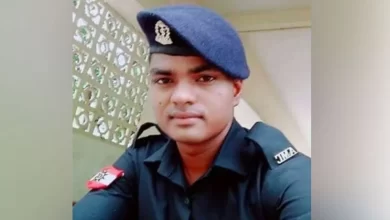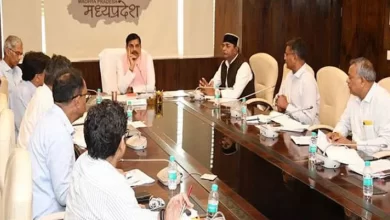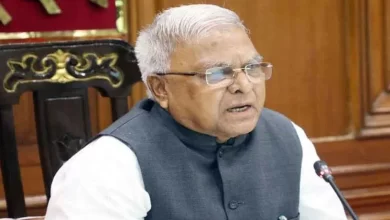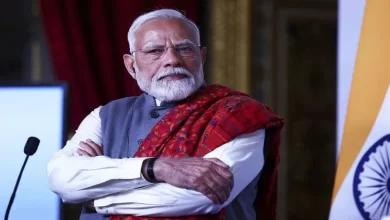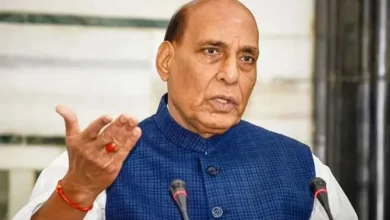British Indians object to launch of parliamentary group for British Gujaratis terming it divisive

Scores of British Indian organisations and peers have written letters of objection about a newly formed all-party parliamentary group (APPG) on British Gujaratis, saying it is a threat to the cohesiveness of British Indians and even to the unity of India.
They have written to the APPG’s chair, Labour MP Gareth Thomas, who represents Harrow West, which has a sizeable Gujarati community, objecting to the group, asking for it to be dissolved, pointing out there is already an India and British Hindus APPG that caters to the diverse needs of the community. They say they were not consulted on its formation, that it will unnecessarily divide the Indian community, and point out Gujaratis are well integrated in Britain and their needs are no different to other Indian communities. Many express fears that creating an APPG for one section of British Indians will bring about disharmony and trigger other provinces, states and language groups within the Indian community to form their own APPGs.
FISI (Friends of India Society International) UK’s letter states: “We view this attempt to create an APPG solely for Gujaratis as an attack on the unity of the British Indian community and also on Indiathat has stood for ‘unity in diversity.’ Such mala fide attempts at creating strife within the wider Indian community need to be discouraged.”
Bhadran Bandhu Samaj (UK), a community organisation of people with roots in the town of Bhadran, warns that this APPG promotes “fragmentation of the Indian diaspora in the UK” and a “fragmented Hindu community in the UK may lose its cultural identity and heritage”. “We must remain as one community and avoid being subdivided into numerous ethnic groups. The policy of divide and rule, which was used to maintain colonial control in India, serves as a warning of the dangers of fragmentation,” the letter from its president Bimal Patel states.“There is growing concern that the community may be at risk of being divided into numerous ethnic groups, as has been the case in India.”
But Thomas responded to objections by saying he wanted to raise in a “non-party political way some of the issues that are unique to the community.” These include what more can be done to support the teaching of the Gujarati language in the UK, to tackle the health conditions that are more prevalent among the Gujarati community; and ensure there is appropriate care for the elderly, he said. “The first issue that has been raised is the decision to shift, without apparently any consultation, direct London-to-Gujarat flights from Heathrow to Gatwick,” he added, saying he had been encouraged by the “considerable support” for the APPG “across the Gujarati community”.
Other members of the APPG are Conservative MP Bob Blackman, Labour MP Navendu Mishra, Conservative MP Shailesh Vara, Liberal Democrat peer Lord Dholakia and Labour MP Virendra Sharma. The group was registered on April 7 and its stated aim is “to ensure that the economic, health, social and cultural needs of the British Gujarati community are reflected in parliament.”
It will launch on April 25 in the Houses of parliament.
“This will not be appreciated by the Indian community in the UK,” a letter from Hindu Council UKstates, whilst Trupti Patel, president of Hindu Forum Britain, wrote:“We are astonished that any parliamentarian would think of creating an APPG to serve the interest of just one community from India would be a good idea.”
Dhiraj Shah, president of Hindu Swayamsevak Sangh (HSS) UK, also objected, saying: “This action by parliamentarians will not be appreciated by the government of India, which will view it as divisive.” Lord Ranger tweeted: “There are APPGs on Hindus and Indiaunless of course, we will have an APPG on Brahmins and Lohanas too?”

